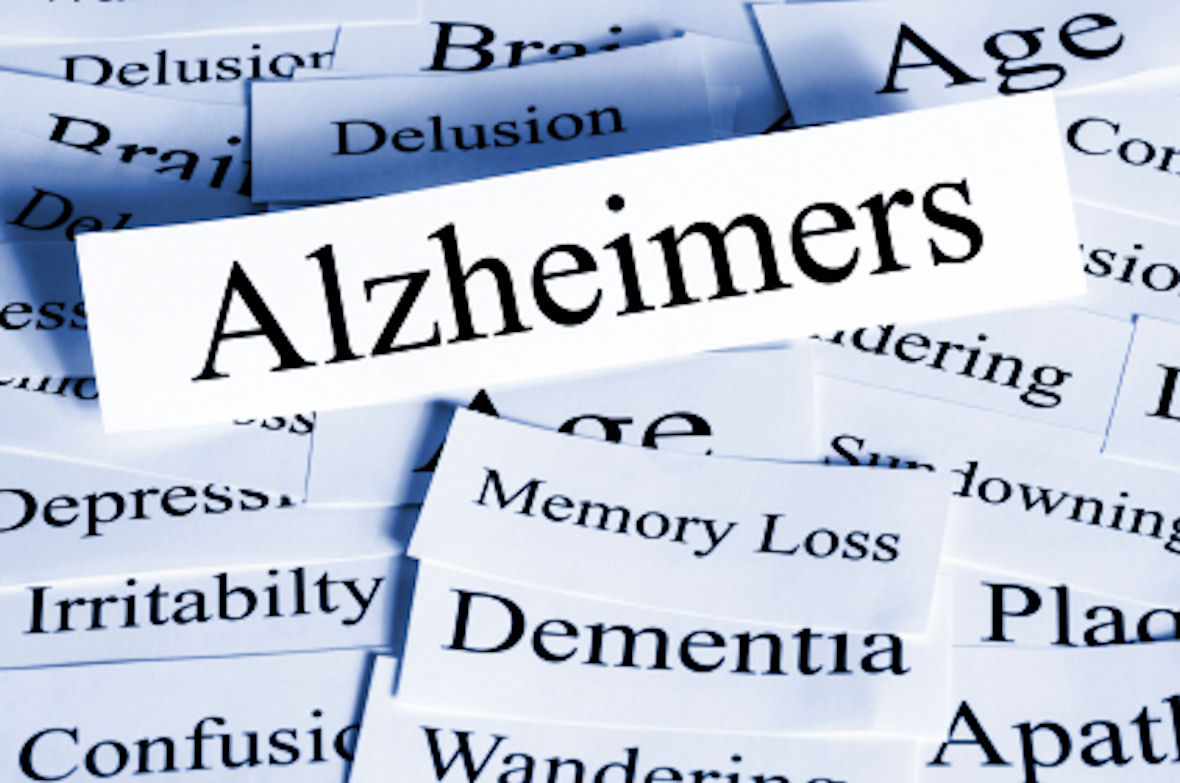Caregiver depression can take a toll on you and your ability to care for your loved one. Understand the signs of caregiver depression — and know how to prevent it.
Caregiving is often physically and emotionally stressful. In an effort to provide the best care possible, you might put your loved one’s needs before your own. In turn, you could develop feelings of sadness, anger and loneliness. Sometimes, these emotions can trigger caregiver depression.
What are the symptoms of caregiver depression?
Everyone has a bad day sometimes. However, to be diagnosed with depression — also called major depression — you must have five or more of the following symptoms over a two-week period. At least one of the symptoms must be either a depressed mood or a loss of interest or pleasure. Symptoms include:
- Depressed mood most of the day, nearly every day, such as feeling sad, empty or tearful
- Diminished interest or feeling no pleasure in all — or almost all — activities most of the day, nearly every day
- Significant weight loss when not dieting, weight gain, or decrease or increase in appetite nearly every day
- Insomnia or increased desire to sleep nearly every day
- Either restlessness or slowed behavior that can be observed by others
- Fatigue or loss of energy nearly every day
- Feelings of worthlessness, or excessive or inappropriate guilt nearly every day
- Trouble making decisions, or trouble thinking or concentrating nearly every day
- Recurrent thoughts of death or suicide, or a suicide attempt
What can I do if I develop caregiver depression?
If you’re experiencing signs or symptoms of caregiver depression, consult your doctor or a mental health provider. Depression isn’t something you can simply “snap out” of — and left untreated, depression can lead to various emotional and physical problems. It can also affect the quality of care you’re able to provide for your loved one. However, most people who have depression feel better with the help of medication, psychological counseling or other treatment.
What can I do to prevent caregiver depression?
You can take active steps to prevent caregiver depression. For example:
- Reach out for help. Don’t wait until you feel overwhelmed to ask for help caring for a loved one. If possible, get your whole family involved in planning and providing care. Seek out respite services and a caregiver support group. A support network can keep you from feeling isolated, depleted and depressed.
- Remember other relationships. Caregiving can take time away from replenishing personal relationships — but showing loved ones and friends you care about them can give you strength and hope.
- Start a journal. Journaling can improve your mood by allowing you to express pain, anger, fear or other emotions.
- Take time for yourself. Participate in activities that allow you to relax and have fun. Go to a movie, watch a ballgame, or attend a birthday party or religious gathering. Physical activity and meditation also can help reduce stress.
- Stay positive. Caregiving allows you to give something back and make a difference in your loved one’s life. Caregiving might also have spiritual meaning for you. Focus on these positive aspects of caregiving to help prevent depression.
Remember, if you think you’re depressed, seek help. Proper treatment can help you feel your best.











